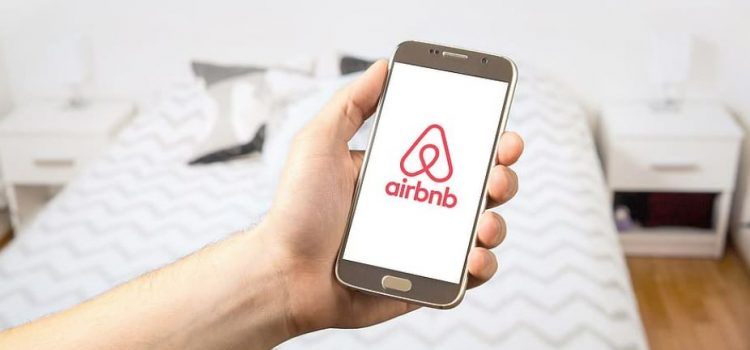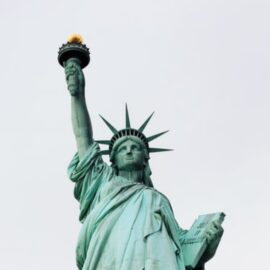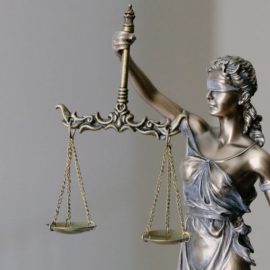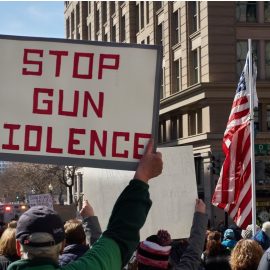

This article is an excerpt from the Shortform book guide to "Biased" by Jennifer L. Eberhardt. Shortform has the world's best summaries and analyses of books you should be reading.
Like this article? Sign up for a free trial here .
In what ways was the Airbnb booking process allowing for racial discrimination? What actions did the executives take to fight Airbnb racism?
In Biased by Dr. Jennifer Eberhardt, she discusses the issues Airbnb had with racism on their website. Black users had a difficult time booking stays due to rejection and black hosts were forced to lower their prices otherwise guests chose to book with their white counterparts.
Learn what steps Airbnb took to fight back against racial discrimination.
Airbnb and Racism
In her book Biased, Dr. Jennifer Eberhardt describes how racial bias and housing discrimination often take place on platforms like Airbnb, a website that allows users to rent out their homes for travelers to use in lieu of a hotel. In 2016, the company received a huge wave of complaints of racial bias and discrimination in their booking process. (Shortform note: This problem came to a head in 2016, but it started much earlier. In 2014, researchers found that black hosts charged 12% less than non-black hosts for equivalent listings because the hosts knew that if two listings were equal in price, bias would tip guests away from black-owned properties.)
Black users reported trying to book available dates only to have the host reject their request for no apparent reason. To confirm their suspicions of racial discrimination, some users changed the name or photo on their profile to appear white; others enlisted white friends to help by requesting the same properties on the same dates. In both cases, when the host thought the guest was white, the rooms were suddenly available again. (Shortform note: In an effort to fight racism, Airbnb changed their policy so that hosts don’t see guests’ profile photos until after they accept the booking.) These were not isolated incidents: Independent researchers found that black people were 16% less likely to be accepted as guests, even when they accounted for all other variables (like having young children who might be rowdy).
How Airbnb Combats Racial Bias
Ultimately, Airbnb abandoned the idea of a legal solution to racism and simply made its own rules. Now, before users can sign up, they have to read Airbnb’s expanded non-discrimination policy and pledge to abide by it. Crucially, users also have to agree that if they violate this policy, they understand that Airbnb will terminate their account. (Shortform note: As of 2019, Airbnb reports that over 1 million users were banned after refusing to sign the Community Commitment and Nondiscrimination Policy.)
Eberhardt argues that while this policy change gives the company a built-in tool to respond to explicit racial bias, it does very little to combat implicit bias, which experts argue is a far bigger problem. Airbnb’s “instant book” tool may be a solution. When hosts opt for “instant book,” they set certain dates that their property is available, and guests can book those dates without waiting for the host to approve their application (similar to booking a traditional hotel room). It’s a hands-off approach that bypasses the opportunity for bias to interfere, and research shows that it works: There are no racial disparities in “instant book” transactions.
Project Lighthouse and Airbnb’s Antiracism Efforts
In 2020, one year after Biased was published, Airbnb announced the launch of Project Lighthouse, a data collection effort they developed with help from eight different civil rights agencies. The project will collect users’ first names and profile photos and send them to a third-party evaluator who will indicate which race they think the user is. These judgments will be made by an actual human rather than by artificial intelligence, which often has racial bias issues of its own. Airbnb will then use those judgments to assign a racial category to the user profile and run experiments with internal data to see if users who are judged to be people of color experience discrimination on the site.
In addition to Project Lighthouse, Airbnb commissioned their internal Black@Airbnb employee resource group to create an Activism and Allyship guide. The guide was used internally before being shared with all Airbnb users in the wake of the George Floyd killing in 2020.
While Airbnb has made progress toward eliminating racism on the site, their internal bias problem remains. Despite launching a Diverse Candidate Slate Rule in 2017, Airbnb reported in 2019 that its workforce was just 3.5% African American. For reference, census data for the same year show that African American people make up 13.4% of the U.S. population.

———End of Preview———
Like what you just read? Read the rest of the world's best book summary and analysis of Jennifer L. Eberhardt's "Biased" at Shortform .
Here's what you'll find in our full Biased summary :
- How implicit bias forms in the brain
- Whether or not bias training actually works
- Why there has been a sudden resurgence in white nationalism






